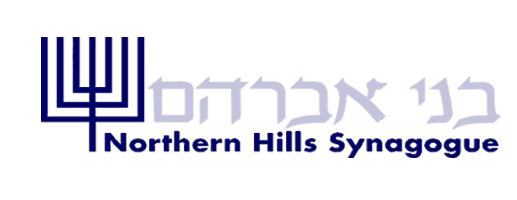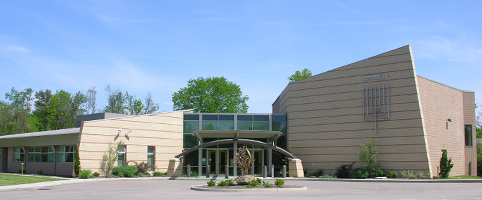The prohibition of hametz on Pesah extends to the "contamination" of Passover food with hametz from dishes and utensils used the year around. From one point of view, we ought to keep a complete set of utensils special for Pesah, but, because of the great expense involved in so doing, we may use some of our year-round utensils on Pesah after proper kashering:
1. Earthenware, crockery, porcelain, enamel, and china utensils used during the year may not be used for Pesah.
2. China which has not been used for at least twelve months may be used for Pesah after having been thoroughly washed.
3. Baking utensils, which have come into frequent contact with "absolute hametz" may not be used for Pesah.
4. Knives, forks, and spoons made entirely of metal may be used for Pesah after thorough cleaning and immersion in boiling water. Whenever utensils are koshered by immersion in boiling water, or by having boiling water poured on them, they should be left unused for 24 hours first.
5. Metal pots and pans may be used for Pesah after thorough cleaning and immersion in boiling water. Whenever possible, the handles or other removable parts of the utensil should be taken off, and each part kashered separately. Indeed, some would say that, if the utensil cannot be completely taken apart, then it may not be kashered for Pesah use; the same principle applies to knives with glued-on handles. In any case, utensils which have small openings or crevices which cannot be cleaned properly may not be kashered for Pesah use.
6. Metal and glass parts of a mixer may be kashered by immersion in boiling water; plastic and rubber parts must be replaced.
7. A dishwasher should left unused for 24 hours, thoroughly cleaned and run through one cycle empty. A new tray should be used. According to some authorities, the dishwasher tray may be kashered with the dishwasher.
8. A frying pan may be kashered by cleaning and immersion in boiling water.
9. Some authorities hold that utensils of plastic or rubber, if used for hot foods during the year, may not be kashered for Pesah. Others hold that plastics with high heat tolerance may be kashered as if they were metal. If used for cold foods only, plastic utensils may be used after thorough scouring.
10. Some authorities hold that a microwave oven may be kashered by boiling an 8 ounce container of water in it. Some hold that this is permitted only when the oven is made of stainless steel. Some hold that microwave ovens may not be kashered at all.
11. Countertops should be thoroughly cleaned. It is advisable to cover them with foil or plastic for Pesah.
12. The electric heating elements of a stove may be kashered by turning them to their highest setting for 15 minutes. A smooth top range presents a challenge for Pesah koshering. One manufacturer has stated that use of the special cleaning compound on the range top gets it cleaner than any other method. However, such cleaning is not a recognized method of koshering. One may use the cleaning compound, turn each element to its highest setting for 15 minutes, and pour boiling water on the areas between the elements.
13. The cleaning cycle on a self-cleaning oven serves to kasher it. Kashering an oven otherwise is very difficult, and a rabbi should be consulted.
14. Roasting pans, broilers, spits, oven racks, detachable parts of stove burners, etc., items on or in which food is cooked without liquid, should be thoroughly cleaned, and their entire surfaces should be flamed with a torch until they glow. Since this process is somewhat dangerous and may ruin the utensils, it should be attempted only with great caution.
15. Table glassware should be cleaned and then soaked in cold water for 72 hours, with the water changed every 24 hours. According to some authorities, it is sufficient to scour it thoroughly.
16. Some authorities hold that Pyrex, Corningware, Corelle, and other such materials may not be kashered at all. Some authorities hold that they may be kashered by immersion in boiling water, and some authorities hold that they may be kashered like glass by soaking for 72 hours.
17. Some authorities hold that utensils covered with a non-stick surface such as Teflon may be kashered like other utensils, and some hold that they may not be kashered at all.
18. An electric coffee maker, if it used during the year primarily for unflavored coffee, should be left unused for 24 hours. Then the reservoir should be filled with water, and the coffee maker should be run through a cycle without any coffee or filter. Some authorities hold that a coffee maker may not be kashered at all.

